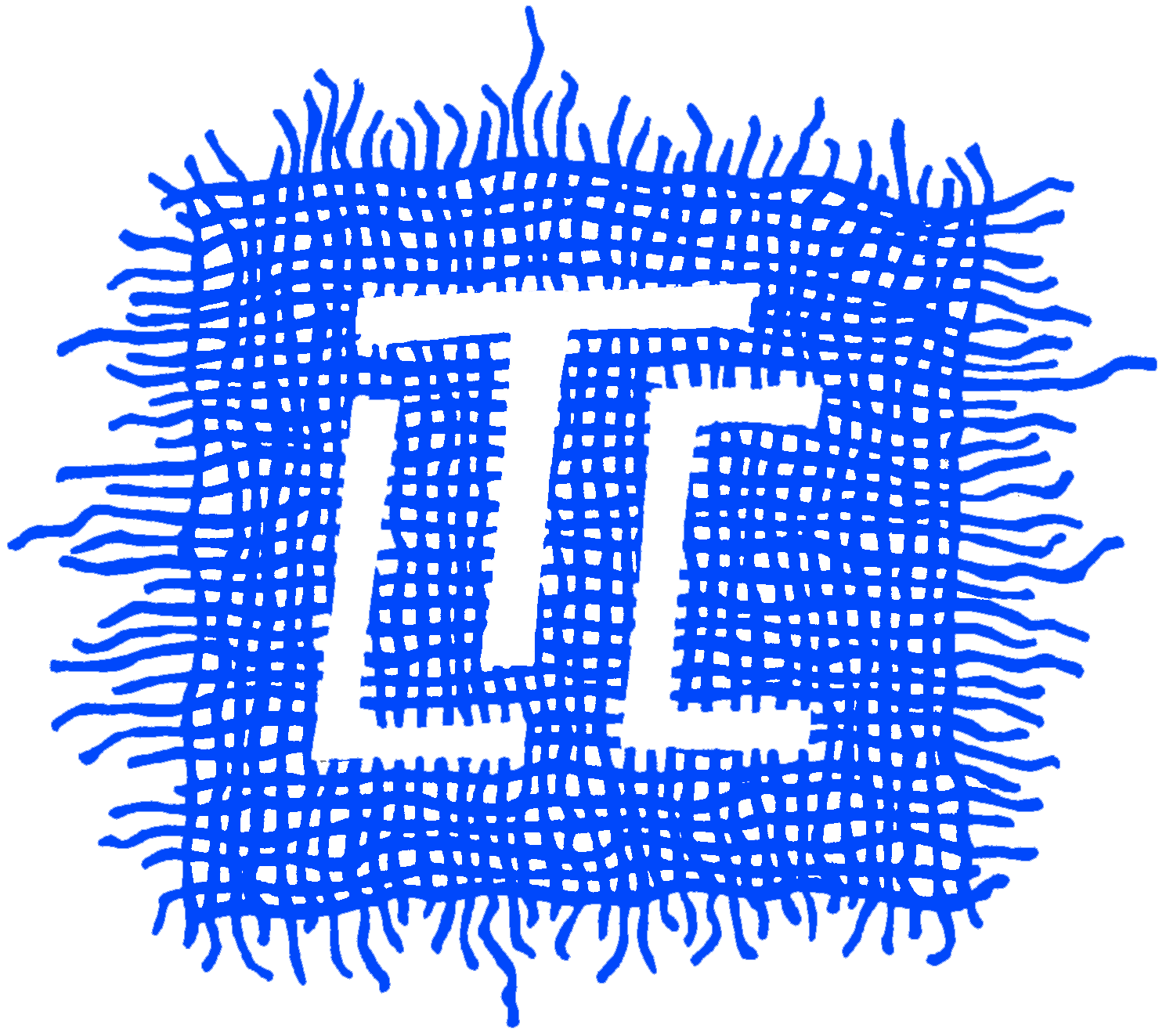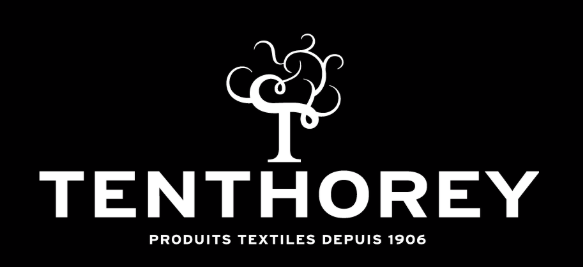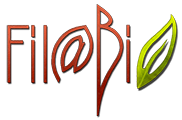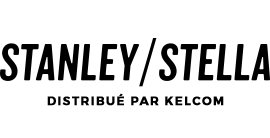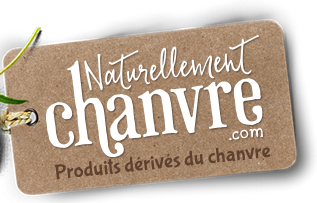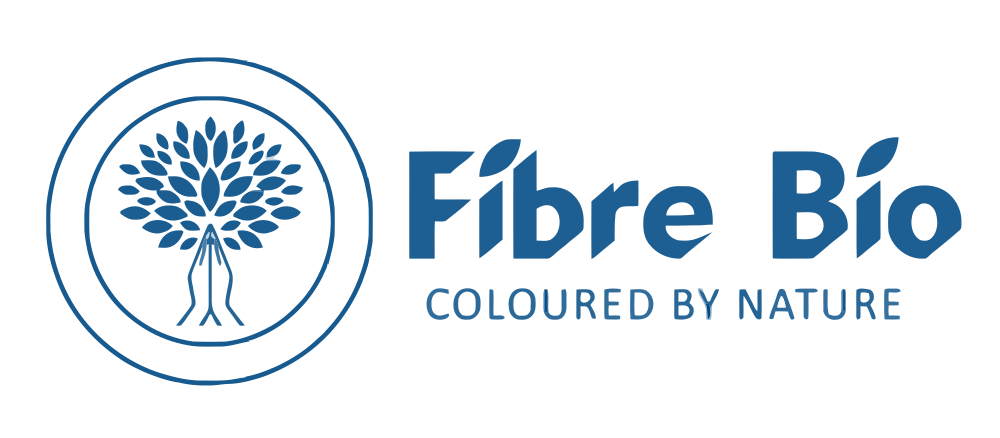Synthèse
The global organic textiles market has seen significant growth despite a slowdown in the overall textile market in the first half of 2020 due to the Covid-19 pandemic. The market for eco-friendly fibers, valued at USD 40.58 billion, is growing at a CAGR of 4.6% forecast to 2027. A notable increase in GOTS organic certification among companies indicates this push, rising by 34% to over 10,000 certified companies across 72 countries by 2020, with significant growth in India, Europe and China.
France, despite recording a drop in overall textile market revenues to 13.3 billion euros in 2020, partly due to the pandemic, has seen a steady increase in the adoption of organic textiles. The share of organic textiles in France is set to increase, supported by the shift in production towards organic materials and local manufacturing, which is fueled by consumer demand for sustainable and responsibly produced products.
The market structure is mainly composed of SMEs, with 90% of companies employing fewer than 10 people, and is subject to a complex regulatory environment that is evolving towards greater transparency and environmental responsibility. Demand for organic textiles in France is underpinned by consumers' growing preference for sustainability and quality over price, with e-commerce becoming a major driver of sales in the sector.
Despite challenges, including higher raw material costs and strong international competition, the French organic textiles market remains poised for growth, pullingt for growth, leveraging its skilled workforce, technological and digital integration, and government support through various initiatives.
Organic textiles: the rise of ecological consumption in France
The French organic textiles market is poised for robust growth, fueled by growing consumer demand for quality, eco-friendly and socially responsible fabrics. Despite a slight reduction in sales for the textile sector as a whole due to the COVID-19 pandemic, the organic textiles segment proved remarkably resilient and even expanded during this period. French consumers are showing a growing preference for organic options, with statistics showing a steady increase in the segment of the population opting for organic textile products.
Demand for organic textiles is fueled by changing consumer attitudes towards "fast fashion", a system characterized by rapid turnover and frequently questioned for its environmental and ethical impacts. as more and more information on the sustainability of clothing becomes available, French consumers are increasingly looking for organic and natural materials, even if this means paying a higher price for these quality products. This trend is also evident in the growing number of start-ups and major clothing brands investing in organic materials and transparent sourcing methods, which means a powerful mix of demand and market opportunity that producers are eager to seize.
In the world of online searches that reflect consumer interest, there has been a notable increase linked to respect for the environment and sustainability. Searches incorporating terms such as "organic cotton" have increased by 20-25%, while those for "biodegradable" items have risen by 5-15%.
Recycled sporting goods are also attracting considerable interest, with searches for sustainable brands soaring, indicating a strong and growing market segment for eco-friendly textiles online.
French consumers still attach great importance to price, aesthetics and quality in their clothing purchases. However, a significant proportion also attach importance to aspects such as the use of recycled materials, ethical production conditions and the presence of certifications. Even if this only concerns a minority, current concerns and the importance attached to sustainable development are likely to grow over time.
Overall, with new consumer expectations shaping the French market, the cumulative effect is a greater opportunity for organic textiles to gain significant traction. These products can establish themselves not only as an ethically and environmentally superior choice, but also as a driver of the industry's economic vitality. The trend towards organic textiles in France can therefore be seen not as a passing fad, but as a lasting shift towards more conscious consumerism and a forward-looking market.
Key influencers shaping the landscape of the organic textiles industry
Pioneers of sustainability in textile production
The organic textiles market is characterized by a dynamic set of players who are spearheading the movement towards sustainable, eco-friendly fashion. These key players influence the market at different levels of the value chain, from raw material production to retail.
- Carrefour: A retail giant that has ventured into organic textiles, Carrefour introduced its organic range in 2014 with the Tex Bio brand, demonstrating its commitment to eco-friendly fashion.
- Hermès: Renowned for its luxury products, Hermès maintains a network of subcontractors and subsidiaries to ensure a steady supply of high-quality organic textiles, underlining the viability of sustainable practices in the luxury sector.
- UGG: UGG is the leader in the sustainable use of wool. Its commitment to ethical sourcing and environmentally-friendly materials sets an example for the footwear industry.
Champions of organic and recycled fabrics
- La Gentle Factory: This French startup represents a growing number of eco-conscious brands dedicated to producing clothing from organic textiles, including organic cotton and plant-based materials, with the aim of establishing sustainable and supportive supply chains.
- Patagonia and Veja: Brands like Patagonia and Veja are strong market players that consistently use products made from 100% organic cotton. Their positioning reflects the growing trend among consumers to make ethical and sustainable fashion choices.
PROMOTERS for authentic, traceable textiles
- Organic Fabrics: Distributors such as Organic Fabrics incorporate sliding-scale pricing strategies to meet diverse customer needs and promote the wider use of organic textiles.
- Sevelia: Riding the e-commerce wave, Sevelia is one of a number of digital platforms specializing in organic products, helping to propel demand for organic textiles through accessibility and consumer convenience.
Certifiers and regulators guarantee industry standards
- Global Organic Textile Standard (GOTS): A renowned international organization, GOTS certifies organic textiles, ensuring that products meet the highest environmental and social standards throughout the production process.
The regional pillars of organic fiber production
- Naturellement Chanvre: This brand, with its original product offering, targets a segment that values natural hemp products and sustainable cultivation methods.
Each of these players has a distinct role to play in fostering the growth of the organic textiles market, from advocating sustainable fabrics to establishing robust certifications. They contribute to a more responsible textile sector, responding to both growing consumer demand and market evolution.
à la compréhension de ce marché
Détail du contenu
 Informations
Informations
- Nombre de pages : 30 pages
- Format : Version digitale et PDF
- Dernière mise à jour : 09/11/2021
 Sommaire et extraits
Sommaire et extraits
1 Market overview
1.1 Presentation and definition of the market
Organic or biological textiles are textile made from organically grown fibres These are woven and then ennobled by a process that uses a limited number of harmful or polluting substances. The the most commonly used traditional organic fibres are cotton, wool, linen and hemp from organic farming and breeding
The three main activities of the organic textile industry are the production of yarns, the production of fabrics and the processing of fabrics (dyeing...).
The organic textile market continues to grow and seems to have a bright future ahead of it due to the awareness of consumers and professionals of the dangers of "conventional" textiles for health and their impact on the environment. This market is young but very dynamic as shown by the increasing number of hectares of land under organic farming in the world.
The main uses of organic textiles are clothing, technical textiles and other textiles (household linen, tarpaulins and other textile surfaces, etc.). The distribution of organic textiles differs little from the conventional textile model.
There are many players in the market:
- Producers of organic raw materials from agriculture or breeding.
- Producers of plant and animal fibres used to create textiles.
- Artisans and industrialists transforming textiles (weaving, assembly and finishing of textiles).
- Companies using textiles as a semi-finished product.
- Distributors and retailers selling assembled textiles (ready-to-wear, haberdashery).
- Regulatory and product certification bodies.
 Liste des graphiques
Liste des graphiques
- Pays avec la plus grande croissance de certifications GOTS
- Classement des dix premiers pays en fonction des certifications GOTS
- Part des catégories de produit dans la production de textile
- Evolution du chiffre d'affaires de l'industrie textile
- Evolution des importations et des exportations dans l'industrie textile
Toutes nos études sont disponible en ligne et en PDF
Nous vous proposons de consulter un exemple de notre travail d'étude sur un autre marché !
Dernières actualités
Entreprises citées dans cette étude
Cette étude contient un panorama complet des entreprises du marché avec les derniers chiffres et actualités de chaque entreprise :
 Choisir cette étude c'est :
Choisir cette étude c'est :
Accéder à plus de 35 heures de travail
Nos études sont le résultat de plus de 35 heures de recherches et d'analyses. Utiliser nos études vous permet de consacrer plus de temps et de valeur ajoutée à vos projets.
Profiter de 6 années d'expérience et de plus de 1500 études sectorielles déjà produites
Notre expertise nous permet de produire des études complètes dans tous les secteurs, y compris des marchés de niche ou naissants.
Notre savoir-faire et notre méthodologie nous permet de produire des études avec un rapport qualité-prix unique
Accéder à plusieurs milliers d'articles et données payantes
Businesscoot a accès à l'ensemble de la presse économique payante ainsi qu'à des bases de données exclusives pour réaliser ses études de marché (+ 30 000 articles et sources privées).
Afin d'enrichir nos études, nos analystes utilisent également des indicateurs web (semrush, trends…) pour identifier les tendances sur un marché et les stratégies des entreprises. (Consulter nos sources payantes)
Un accompagnement garanti après votre achat
Une équipe dédiée au service après-vente, pour vous garantir un niveau de satisfaction élevé. (+33) 9 70 46 55 00
Un format digital pensé pour nos utilisateurs
Vous accédez à un PDF mais aussi à une version digitale pensée pour nos clients. Cette version vous permet d’accéder aux sources, aux données au format Excel et aux graphiques. Le contenu de l'étude peut ainsi être facilement récupéré et adapté pour vos supports.
 Nos offres :
Nos offres :
the organic textile market | France
- Quels sont les chiffres sur la taille et la croissance du marché ?
- Quels leviers tirent la croissance du marché et leur évolution ?
- Quel est le positionnement des entreprises sur la chaine de valeur ?
- Comment se différencient les entreprises du marché ?
- Données issues de plusieurs dizaines de bases de données
Pack 5 études (-15%) France
- 5 études au prix de 75,6€HT par étude à choisir parmi nos 800 titres sur le catalogue France pendant 12 mois
- Conservez -15% sur les études supplémentaires achetées
- Choisissez le remboursement des crédits non consommés au terme des 12 mois (durée du pack)
Consultez les conditions du pack et de remboursement des crédits non consommés.
- 06/07/2023 - Ajout des informations de l'entreprise Belledonne
- 06/07/2023 - Ajout des informations de l'entreprise Nudie Jeans
- 06/07/2023 - Ajout des informations de l'entreprise Colorful Standard
- 06/07/2023 - Ajout des informations de l'entreprise People Tree
- 06/07/2023 - Ajout des informations de l'entreprise Knowledge Cotton Apparel
- 06/07/2023 - Ajout des informations de l'entreprise Kleman
- 06/07/2023 - Ajout des informations de l'entreprise Armedangels
- 06/07/2023 - Ajout des informations de l'entreprise Les Sublimes
- 06/07/2023 - Ajout des informations de l'entreprise Ekyog
- 06/07/2023 - Ajout des informations de l'entreprise Patagonia
- 06/07/2023 - Ajout des informations de l'entreprise Thinking Mu
- 06/07/2023 - Ajout des informations de l'entreprise Noyoco
- 21/02/2023 - Mise à jour des données financières de l'entreprise Armor Lux





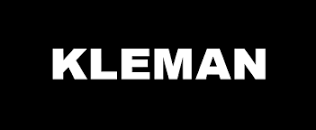 Kleman ouvre à Paris. - 12/06/2023
Kleman ouvre à Paris. - 12/06/2023
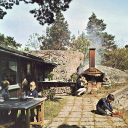 Tout sur Nudie Jeans. - 10/05/2023
Tout sur Nudie Jeans. - 10/05/2023
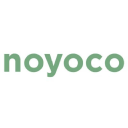 Éthique et désirable : Noyoco - 09/05/2023
Éthique et désirable : Noyoco - 09/05/2023
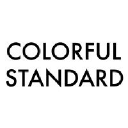 ABN Amro lance un fonds à impact chez Colorful Standard - 04/05/2023
ABN Amro lance un fonds à impact chez Colorful Standard - 04/05/2023
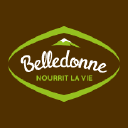 Les baskets Belledonne : un classique parfait. - 19/04/2023
Les baskets Belledonne : un classique parfait. - 19/04/2023
 Avis sur Knowledge Cotton Apparel. - 20/03/2023
Avis sur Knowledge Cotton Apparel. - 20/03/2023

